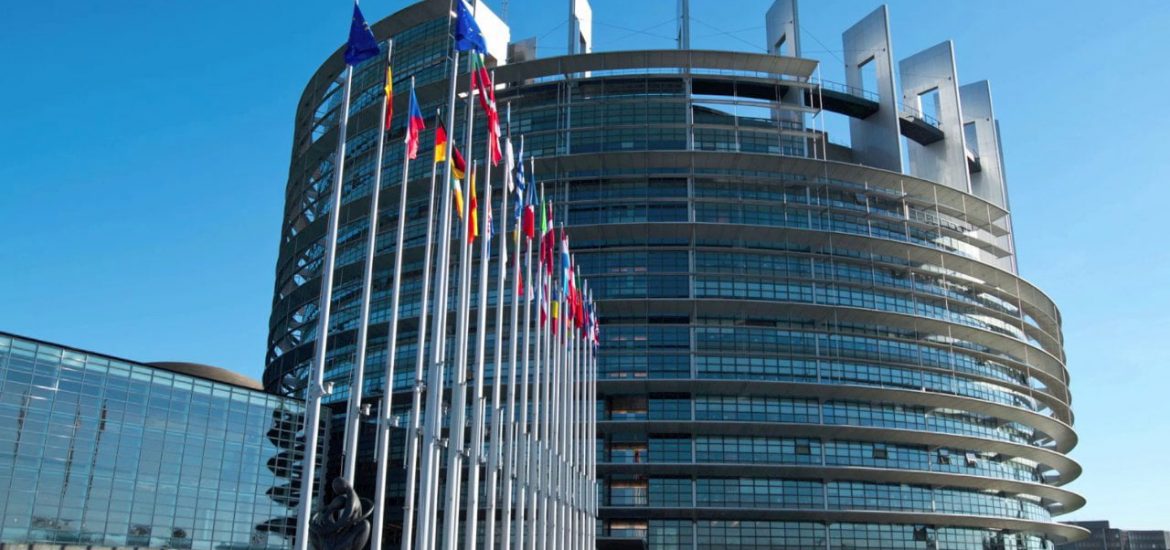
Renewable energy groups are hoping that a 35-per-cent renewable energy target proposed by MEPs will prevail over a less ambitious 27-per-cent plan put forward by the European Council.
The European Parliament’s 2030 target negotiations last month saw members pushing for stronger objectives than those proposed by the council, not only for renewables but just for energy efficiency and distributed energy regulations.
The parliamentary proposals, part of the European Commission’s November 2016 Clean Energy package, included adding transport into energy-efficiency plans and phasing out first-generation biofuels.
The European Council is made up of the 28 member states’ governments.
On energy efficiency, MEPs toned down a 40-per-cent target to 35 per cent after a council proposal of 30 per cent.
Last year marked the third consecutive year that electricity consumption increased in the EU, suggesting the current energy efficiency measures are having limited effect.
Three-way talks are now due between the council, parliament and European Commission, the EU’s executive, with a final decision not expected before June.
European Commissioner for Climate Action and Energy Miguel Arias Cañete tweeted that the “next negotiations won’t be easy” but the commission would seek “to facilitate an ambitious agreement”.
The EU gets more than 30 per cent of its electricity from renewable sources, up from 12 per cent in 2000. At the current rate of growth, renewables could make up 50 per cent by 2030, according to the think-tanks Sandbag and Agora Energiewende.
But the joint report said Germany and the UK alone accounted for 56 per cent of the EU’s overall growth in renewables in the past three years, even though the two countries generated less than 30 per cent of the EU’s total electricity. Despite their relative lack of sun, they are far outpacing other member states in the effort to replace fossil fuels, the report argues.
Renewable activists were quick to back the MEPs’ position. “The competitiveness of Europe’s wind industry really depends on getting an ambitious target,” said Andrew Canning of WindEurope, the wind lobby association.
Wind energy contributed €36 billion to the EU’s GDP last year and supported 263,000 jobs, while generating €8 billion in exports outside Europe, he said.
“But this success is not guaranteed,” Canning said. “The wind industry is at risk from growing international competition and declining policy ambition on renewables in Europe. Job growth in the industry has stalled in the last five years as many countries have become less ambitious on renewables.”
The European Parliament. Picture credit: Vimeo





